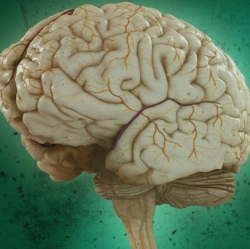
Scientists at the Salk Institute for Biological Studies have developed a drug that has proven to reverse memory deficits and slow Alzheimer’s disease in elderly mice. Known as J147, the drug may very well provide a new form of treatment for Alzheimer’s disease in humans.
More than 5 million Americans are living with Alzheimer’s disease, according to the Alzheimer’s Association. It is listed as the sixth leading cause of death in the U.S. and is one of the causes that cannot be prevented, cured or even slowed. As of now, there have been no disease-modifying drugs for the Alzheimer’s. Current medications on the market only offer short-term benefits and don’t tackle the decline of brain function that erases memory and clarity.
Marguerite Prior, the lead study author, said, “J147 is an exciting new compound because it really has strong potential to be an Alzheimer’s disease therapeutic by slowing disease progression and reversing memory deficits following short-term treatment.”
The trend in the pharmaceutical industry has previously focused upon biological pathways involved in the formation of the deposits of protein that characterize Alzheimer’s. However, the team at Salk used living neurons grown in the lab to test whether their synthetic compounds — based upon products derived from plants — were able to protect brain cells against several symptoms of aging.
J147 affects several cellular processes associated with Alzheimer’s disease including an increase in a protein that protects neurons from toxic insults. This protein also helps new neurons grow and connect with other brain cells and is involved in memory formation. This is important because post-mortem studies have shown lower than normal levels of this protein in the brains of those afflicted with Alzheimer’s.
